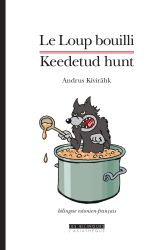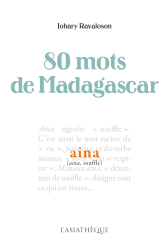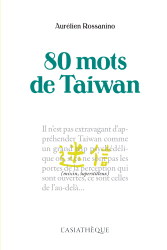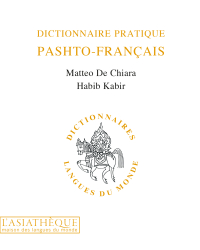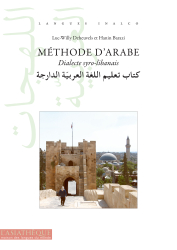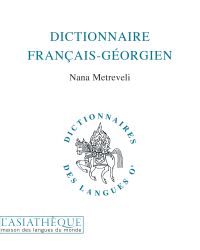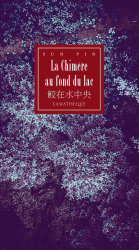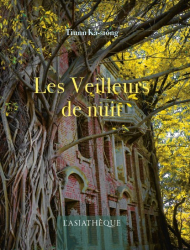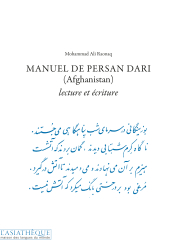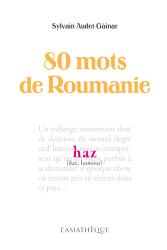Des sabbataires à Barbe-Bleue
Divers aspects de la littérature hongroise
With precise analysis and great erudition, Lajos Nyéki examines a vast period of Hungarian literature, from the 16th century to the modern day. He makes use of a range of approaches, but it is through the exploration of themes and authors from many literary periods that the author expresses his main idea: to emphasize the significant role of literary creation in a European awakening, the need for which was essential in a period where the rise of nationalism and fanaticism was seen on all sides.
CONTRIBUTORS' BIOGRAPHIES
Lajos Nyéki
Lajos Nyéki (1926-2008), linguist, historian of literature and poet, Lajos Nyéki left Hungary in 1956. In Paris, he taught at Institut National des Langues et Civilisations Orientales (National Institute of Oriental Languages and Civilizations). While publishing numerous articles in French on Hungarian and European literature, as well as translations, he pursues a work as a poet in Hungarian.
TABLE OF CONTENTS
Introduction
Le peuple juif dans la littérature hongroise des XVIe et XVIIe siècles (Jews in 16th and 17th Century Hungarian Literature)
Nicolaus Olahus, un grand humaniste de l'Europe médiane (Nicolaus Olahus, a Great Median European Humanist)
Conscience nationale et conscience européenne dans la litératture hongroise du XIXe siècle (National consciousness and European consciousness in 19th century Hungarian literature)
La tragédie de l'Homme d'Imre Madách – Environnement culturel d'un chef-d’œuvre méconnu ('The tragedy of man' by Imre Madách - the cultural context of an undiscovered masterpiece)
Madách et Victor Considerant (Madách and Victor Considerant)
Nationalisme et internationalisme – Problématique générale appliquée à la littérature hongroise (Nationalism and internationalism - the general issue applied to Hungarian literature)
Kosztolányi, défenseur de la langue hongroise (Kosztolányi, defender of Hungarian literature)
Malheurs et joies de collégiens ou le paradis perdu de l'adolescence (Woes and joys of highschoolers, or the Paradise Lost of adolescence)
"Plus beau que l'original" – Quelques réflexions à propos de la traduction du "Voyage" de Baudelaire par Árpád Tóth ("More beautiful than the original" - reflections on Árpád Tóth's translation of Baudelaire's "Voyage")
Les deux grands disparus du vers libre hongrois (The two great disappearances from Hungarian literature)
L'Excommunicateur de Tibor Déry ou le roman historique comme prétexte (Tibor Déry's "The Excommunicator," or the historical novel as pretext)
István Örkény : Floralies
Le "Voyage sentimental" de Ferenc Fejitő ou le récit de voyage comme bilan (Ferenc Fejitő's "Voyage Sentimental," or the tale of a journey as an assessment)
À propos de : les Cigognes d"Aquilée, de l'effondrement des cultures, de Bence Szabolcsi (On Bence Szabolcsi's "The Storks of Aquilée : on the collapse of cultures")
"Le Château de Barbe-Bleu" de Balázs-Bartók et la psychanalyse (Balázs-Bartók's "Le Château de Barbe-Bleu" and Psychoanalysis)

